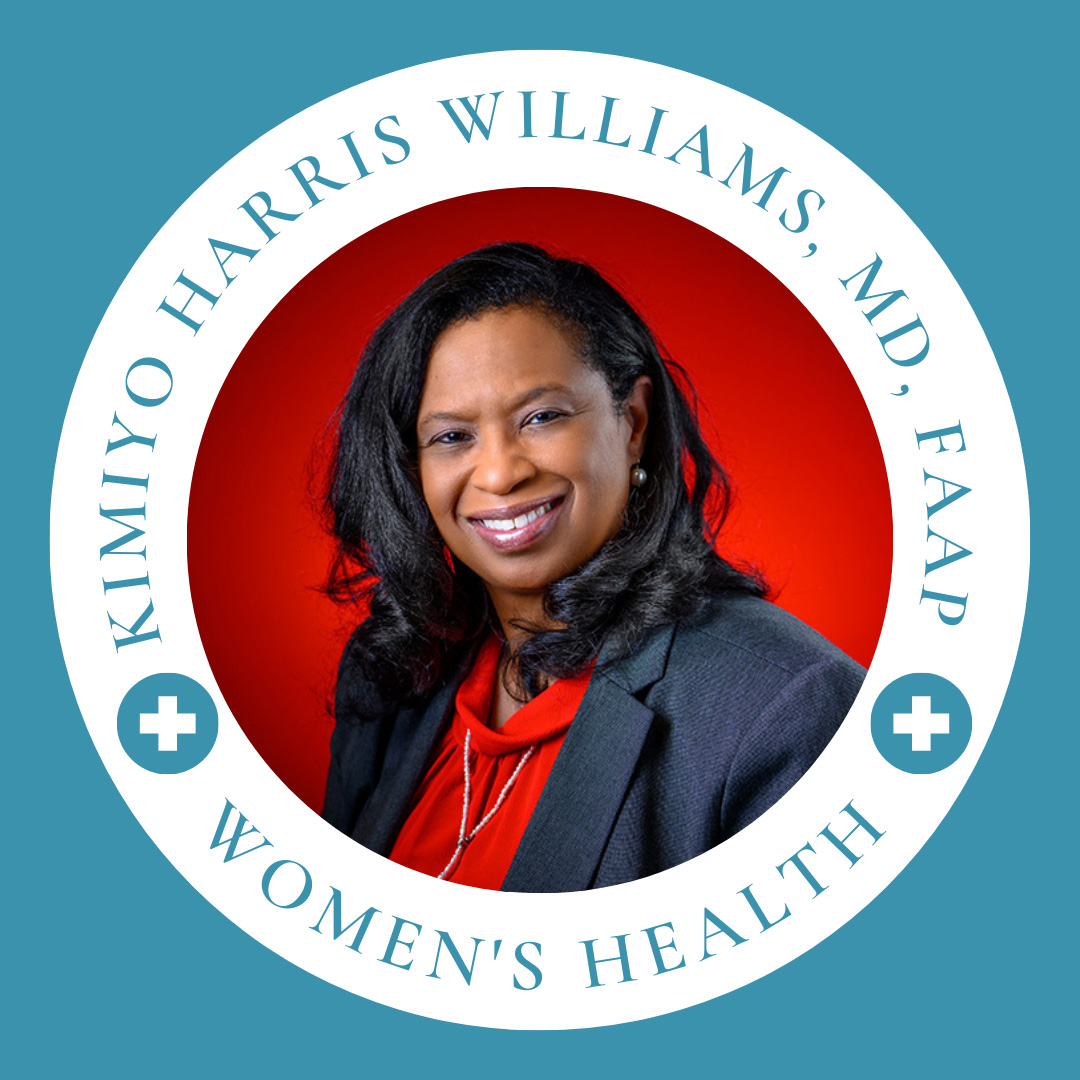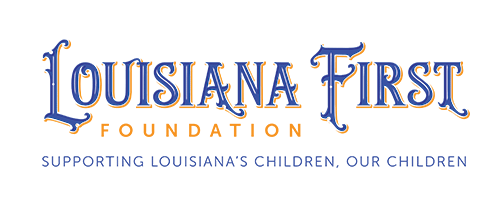Women’s Health
WOMEN'S HEALTH BLOG June 2023
Summer Check-In
Written by Kimiyo Harris Williams, MD, FAAP
As we enjoy the warm breezes and summertime fun, it’s a great time to ask yourself, “Girl, how are you doing?” Are you resting well, eating healthy, breathing normally, thinking clearly, having meaningful relationships, and experiencing physical wellness? If you haven’t posed these questions to yourself lately or at all, I encourage you to set aside some time to “check-in” with yourself this summer. Even though you may be juggling kids’ activities, business meetings and conventions, volunteering, and family obligations, the lovely ladies of Louisiana should add a self “check-in” to your agenda.
When you do your summer “check-in” on yourself, assess the amount and quality of sleep you get. One factor that impacts our health is sleep. The Center for Disease Control (CDC) recommends that teens ages 13-18 years should get 8-10 hours of sleep per 24 hours; adults ages 18-60 years should get 7 or more hours of sleep per night; ages 61-64 should get 7-9 hours of sleep per night; and ages 65 years and older need 7-8 hours per night. In addition to the amount of sleep, sleep quality is essential for well-being. Some signs of poor sleep quality include not feeling rested after sleeping the recommended number of hours based on age, repeated nighttime awakening, snoring, and gasping for air. The latter are symptoms of a possible sleep disorder. If these symptoms are discovered during the self “check-in,” you should seek help from a physician for diagnosis and treatment.
Below are some tips from the CDC to help you develop good sleep habits or good “sleep hygiene.”
- Be consistent. Go to bed at the same time each night and get up at the same time each morning, including on the weekends
- Make sure your bedroom is quiet, dark, relaxing, and at a comfortable temperature
- Remove electronic devices, such as TVs, computers, and smartphones, from the bedroom
- Avoid large meals, caffeine, and alcohol before bedtime
- Get some exercise. Being physically active during the day can help you fall asleep more easily at night.
In addition to good sleep habits, “check-in” with yourself on what foods and drinks you consume regularly. Nutrition has a huge impact on our well-being. Increasing fruits and vegetables in your diet is very important for improved health and health outcomes. In addition, adequate water intake is important in living a healthy lifestyle.
Per the CDC and according to the Dietary Guidelines for Americans 2020–2025[PDF-30.6MB], a healthy eating plan:
- Emphasizes fruits, vegetables, whole grains, and fat-free or low-fat milk and milk products
- Includes a variety of protein foods such as seafood, lean meats and poultry, eggs, legumes (beans and peas), soy products, nuts, and seeds.
- Is low in added sugars, sodium, saturated fats, trans fats, and cholesterol.
- Stays within your daily calorie needs.
Moreover, sufficient water intake is important in living a healthy lifestyle.
Water helps your body:
- Keep a normal temperature.
- Lubricate and cushion joints.
- Protect your spinal cord and other sensitive tissues.
- Get rid of waste through urination, perspiration, and bowel movements.
Your body needs more water when you are:
- In hot climates.
- More physically active.
- Running a fever.
- Having diarrhea or vomiting.
As you enjoy the sunny, hot summer days with family and friends, remember to take time for your summer “check-in.” Incorporate good sleep habits and a healthy diet with adequate water intake into your normal routine. In addition, make sure you are keeping your annual wellness checks and seeking mental health services if needed. The summer self-check-in practice will help you to move toward being more intentional about your wellness.
Self-care is healthy living.
Kimiyo Harris Williams, M.D., FAAP
Resources:

About Kimiyo Harris Williams, MD, FAAP
Kimiyo Harris Williams, MD, FAAP is an Associate Professor of Clinical Pediatrics in the Division of Ambulatory Pediatrics & Adolescent Medicine at LSU School of Medicine in the Department of Pediatrics. Dr. Williams worked in the academic environment and General Pediatrics Private Practices. As a Physician Consultant, she serves as an expert medical and administrative resource for a large NIH research grant titled All of Us. The research program invites one million people across the U.S. to help build one of the most diverse health databases in history. Dr. Williams practices at the Tiger Care Academic Clinic at the Lakeside LCMC location in Metairie, Louisiana.

